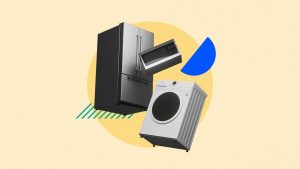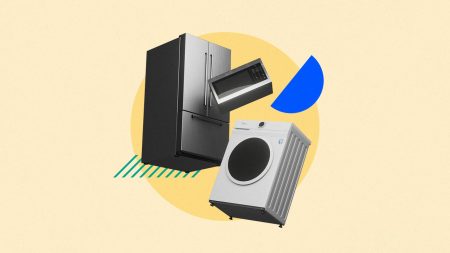Saving for retirement can feel daunting and intimidating at times. Fortunately, most people can get started quite easily. Here’s how you can start saving for retirement using this one easy move.
401(k) match: How it works
Millions of Americans have access to a 401(k) or other type of workplace retirement plan, and the vast majority of those plans offer matching contributions from the employer. This means that just by contributing to your own retirement plan, which you should be doing anyway, your employer also contributes, up to a certain amount. Many financial advisors refer to the employer match as “free money.”
For example, an employer might match 100 percent of the employee’s contributions up to 3 percent of the employee’s salary, and 50 percent of the employee’s contributions on the next 2 percent. In this scenario, an employee who earned $75,000 per year would contribute $3,750 and the employer would chip in $3,000. It’s like earning an 80 percent return on your contributions right away!
Of course, the employee can (and should) contribute additional amounts, but that’s the minimum to make sure you’re receiving the full employer match. You should do everything you can to make sure you’re contributing at least enough to your retirement account to receive the full matching contribution.
Need an advisor?
Using IRAs to save for retirement
In addition to workplace retirement plans, individuals can also use IRAs to save for retirement. Similar to workplace retirement plans, IRAs allow workers to set aside money and invest it without the earnings being subject to taxes until retirement. However, IRAs typically come with more investment options than a workplace plan, allowing the account owner to invest in mutual funds, ETFs, individual stocks and more.
Here’s how different types of IRAs work.
- Traditional IRA: Contributions to a traditional IRA are made with pre-tax dollars, which may give you a current year tax break. The money can be invested and allowed to grow tax-free until you start making withdrawals during retirement. Workers can contribute up to $7,000 to a traditional IRA in 2024 and 2025, with those age 50 and older able to contribute an additional $1,000 as a catch-up contribution.
- Roth IRA: Contributions to a Roth IRA are made with after-tax dollars, so there’s no immediate tax break, but your withdrawals during retirement will be tax free. You can also withdraw your contributions to a Roth IRA at any time without penalty. Workers can contribute up to $7,000 to a Roth IRA in 2024 and 2025, and those age 50 and older are able to contribute an additional $1,000 as a catch-up contribution.
- SEP IRA: A SEP IRA is available to small-business owners or those who are self employed. The main benefit is that contribution limits are significantly higher than they are for traditional and Roth IRAs. The employer can contribute the lesser of 25 percent of income or $70,000 in 2025 ($69,000 in 2024).
- SIMPLE IRA: A SIMPLE IRA is another option for small businesses and works similarly to a 401(k) plan, though contribution limits are lower. Employees can contribute up to $16,500 to a SIMPLE IRA in 2025, up from $16,000 in 2024.
IRAs are a great way to save for retirement if you’ve already maximized your 401(k) contributions or are just looking for more investment options. They can also be great for those who don’t have access to a workplace retirement plan.
IRAs can be opened at a few different places, and the best online brokers allow you to do it for free.
Bottom line
Taking advantage of an employer match in your retirement account is one of the easiest things you can do to set yourself on the right path to achieving your retirement goals. It’s like earning an immediate return on your investment, something that’s not generally available in financial markets. Once you’ve contributed enough to receive the full employer match, you can think about using an IRA to boost your savings.
Editorial Disclaimer: All investors are advised to conduct their own independent research into investment strategies before making an investment decision. In addition, investors are advised that past investment product performance is no guarantee of future price appreciation.
Read the full article here









